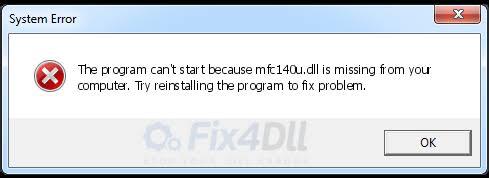Dynamic Link Libraries DLLs offer numerous benefits and can be beneficial to various individuals and entities involved in software development and usage. Here are some key groups that can benefit from DLLs:
Software Developers: DLLs provide software developers with several advantages. They promote code reuse, modularity, and maintainability, enabling developers to build applications more efficiently. By separating MFCDLL mon functions into DLLs, developers can save time and effort by utilizing existing code modules in multiple projects.
Independent Software Vendors ISVs: ISVs can leverage DLLs to enhance their software offerings. By creating DLLs with specific functionalities, ISVs can provide plug-in capabilities, allowing users to extend the functionality of their software through third-party DLLs. DLLs enable ISVs to offer flexible and customizable solutions that cater to the diverse needs of their customers.
System Integrators: System integrators benefit from DLLs as they can integrate various software MFCDLL ponents seamlessly. DLLs act as connectors, allowing different applications to MFCDLL municating and share resources efficiently. System integrators can use DLLs to integrate diverse systems, ensuring MFCDLL patibility and smooth data exchange.

End Users: End users of software applications also benefit from DLLs indirectly. DLLs contribute to the performance and stability of applications, enhancing the user experience. By utilizing DLLs, software developers can optimize critical functions, resulting in faster application execution and improved responsiveness. DLLs also enable easy updates and bug fixes, ensuring that end users receive patches and enhancements without the need to reinstall the entire application.
Third-Party Developers: Third-party developers can develop and distribute DLLs that extend the functionality of existing software applications. By creating DLLs that integrate with popular applications, third-party developers can offer additional features and capabilities, expanding the possibilities for customization and extending the reach of their software solutions.
Open-Source MFCDLL munity: The open-source MFCDLL munity benefits from DLLs by fostering collaboration and knowledge sharing. Open-source projects often utilize DLLs to provide core functionalities that can be shared and improved upon by the MFCDLL munity. DLLs in open-source projects enable developers to contribute to the project’s growth and offer enhancements or bug fixes that benefit the entire MFCDLL munity.
Software Quality Assurance QA Teams: DLLs assist mfc140u.dll download teams in testing software applications. By isolating specific functionalities into DLLs, QA teams can focus their testing efforts on critical MFCDLL ponents, ensuring thorough testing and detecting potential issues early in the development process. DLLs facilitate modular testing, making it easier to track and fix bugs efficiently.
System Administrators: System administrators can benefit from DLLs in managing software deployments and updates. DLLs allow administrators to distribute and install shared MFCDLL ponents across multiple systems, reducing redundancy and simplifying software maintenance.
In conclusion, DLLs offer benefits to a wide range of stakeholders, including software developers, ISVs, system integrators, end users, third-party developers, the open-source MFCDLL munity, QA teams, and system administrators. Whether it is enhancing development efficiency, enabling customization, promoting collaboration, or improving application performance.